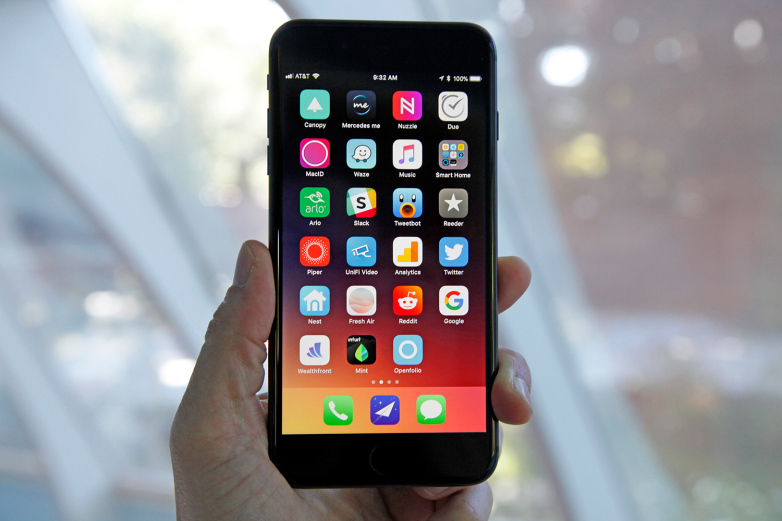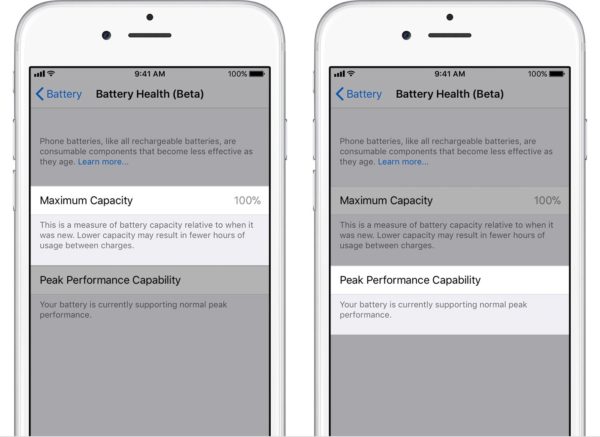 3149
3149
 2018-11-01
2018-11-01
If you own an iPhone X, iPhone 8 or iPhone 8 Plus and have downloaded iOS 12.1 then your phone now has the highly controversial “performance management feature” that caused quite a stir earlier in the year.
This is the feature that throttles CPU performance in order to avoid shutdowns when devices have batteries that have severely degraded over time, and despite Apple having previously told US senators that a “hardware update” had meant that the feature wasn’t necessary on new hardware, Apple’s year-old iPhones have now gained it.

While Apple’s support pages had previously said that the iPhone 8 and newer featured “more advanced hardware” that would mean the system was better able to handle power requirements, this appears to not actually be the case anymore. The previous entry said:
iPhone 8 and later use a more advanced hardware and software design that provides a more accurate estimation of both power needs and the battery’s power capability to maximize overall system performance. This allows a different performance management system that more precisely allows iOS to anticipate and avoid an unexpected shutdown. As a result, the impacts of performance management may be less noticeable on iPhone 8 and later. Over time, the rechargeable batteries in all iPhone models will diminish in their capacity and peak performance and will eventually need to be replaced.
However, an update to the support page has now been added that specifically calls out the iPhone 8, iPhone 8 Plus, and iPhone X.

Additionally, users can see if the performance management feature that dynamically manages maximum performance to prevent unexpected shutdowns is on and can choose to turn it off … This feature applies to iPhone 6, iPhone 6 Plus, iPhone 6s, iPhone 6s Plus, iPhone SE, iPhone 7, and iPhone 7 Plus. Starting with iOS 12.1, iPhone 8, iPhone 8 Plus, and iPhone X include this feature, but performance management may be less noticeable due to their more advanced hardware and software design.
Apple is still offering replacement iPhone batteries at discounted rates after the huge mess that was created when this battery situation was discovered earlier in the year, and while it’s unlikely that any iPhone 8, iPhone 8 Plus or iPhone X are being throttled yet, it’s clear that the devices are not immune as was first believed.
Source: apple